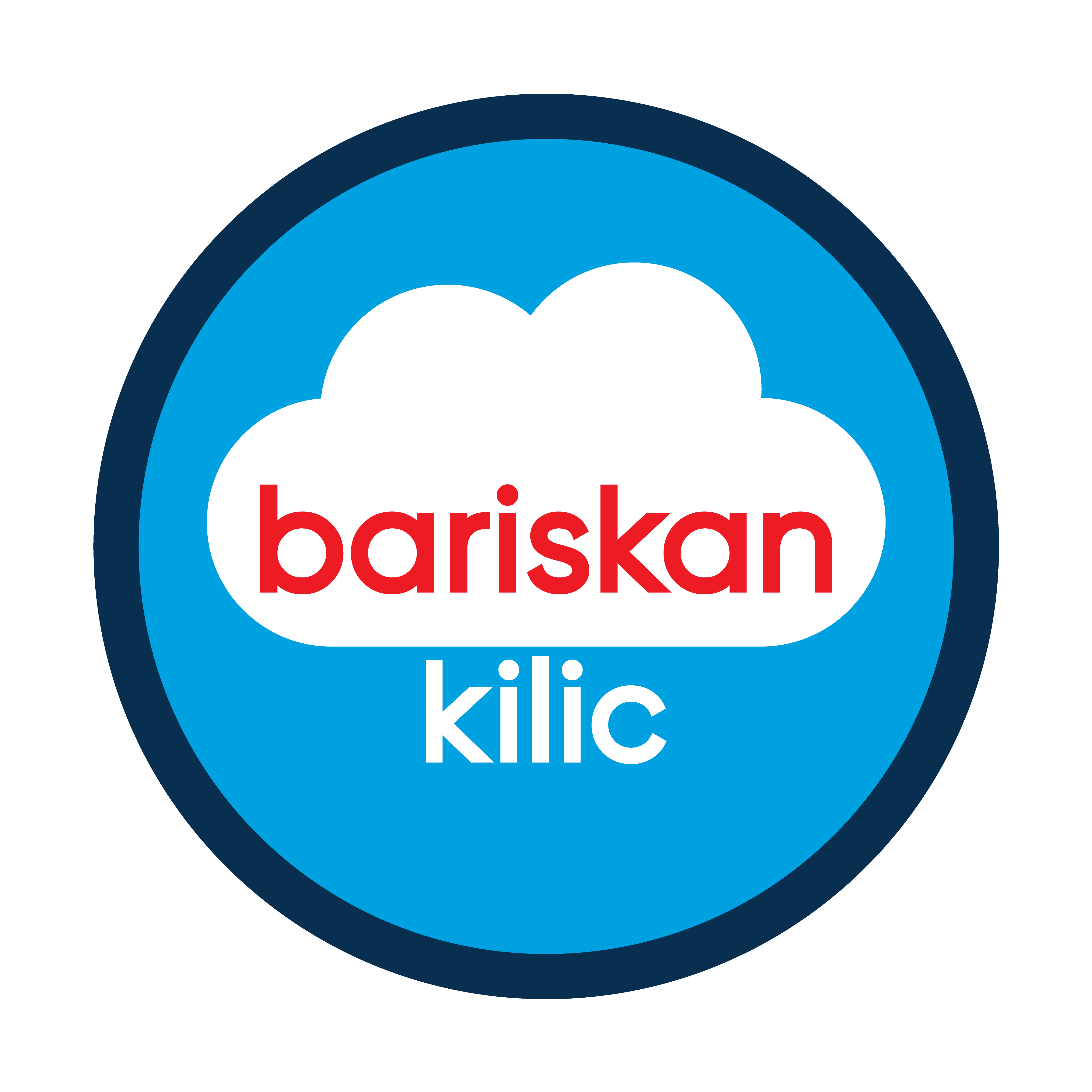tech debt and consultancies

First things first, tech debt is:
"...the accumulated shortcuts, compromises, or inefficiencies in software development that result from choosing quick solutions instead of optimal ones. These shortcuts often lead to future problems, such as increased maintenance costs, decreased productivity, and hindered scalability. Just like financial debt, tech debt accrues interest over time if not addressed, making it more challenging to maintain and improve the software in the long run."Secondly, everything I write is a reflection of my personal opinions, beliefs, experiences, and discussions within my professional circle.
Tech debt is an unescapable reality for every Salesforce team. However, it's not as much of a concern for consultants and freelancers. Let me explain: tech debt occurs when short-term fixes and implementations are prioritized over considering their long-term implications, leading to the creation of dependencies. As mentioned earlier, tech debt builds up interest over time, and its impact becomes clearer as time goes on.
Most projects undertaken by consultants and freelancers involve new org implementations. Here are two possibilities: either the company sets up its own Salesforce team after the initial implementation, or it chooses to keep working with the consultancy.
- first scenario: continue to work with a consultancy
- second scenario: set up in-house salesforce team
As tech debt accumulates and problems arise, consultants and freelancers may bill additional hours to rectify issues that they initially caused. While this arrangement may benefit the consultants and freelancers, it's not advantageous for the company.
The in-house Salesforce team faces the challenge of implementing new requirements while analyzing the origins and consequences of their increasing tech debt. Tracking tech debt is crucial for effective management to troubleshoot and clean them in the future. Salesforce team is not only trying to fix tech debt but also tries to track backwards the roots and causes which makes it even harder to clean.
No, it's often the working model that produces unsatisfactory results. During the org implementation, consultants and freelancers often create processes that consume a significant number of governor limits. This is primarily because they may not be present when the org begins encountering tech debt problems. They're under time constraints and pressured to complete their tasks quickly so they can move on to other assignments and bill more clients.
Building scalable and maintainable solutions requires time and preparation, which consultants and freelancers often lack. In the scenario where they won't be present in the future, they lack incentives to build proper solutions. However, if they are present, it may result in more billable hours because they will charge customers to fix the problems they caused.
conclusion/sales pitchMy objective is to establish scalable processes from the beginning, consistently keeping best practices in mind. I aim to collaborate with you on developing new processes rather than dealing with ongoing issues and governor limits. Addressing such challenges is not enjoyable for either party, particularly the Salesforce team. I can attest to this firsthand, having encountered numerous tech debt issues throughout my experience both in-house and as a freelancer.
